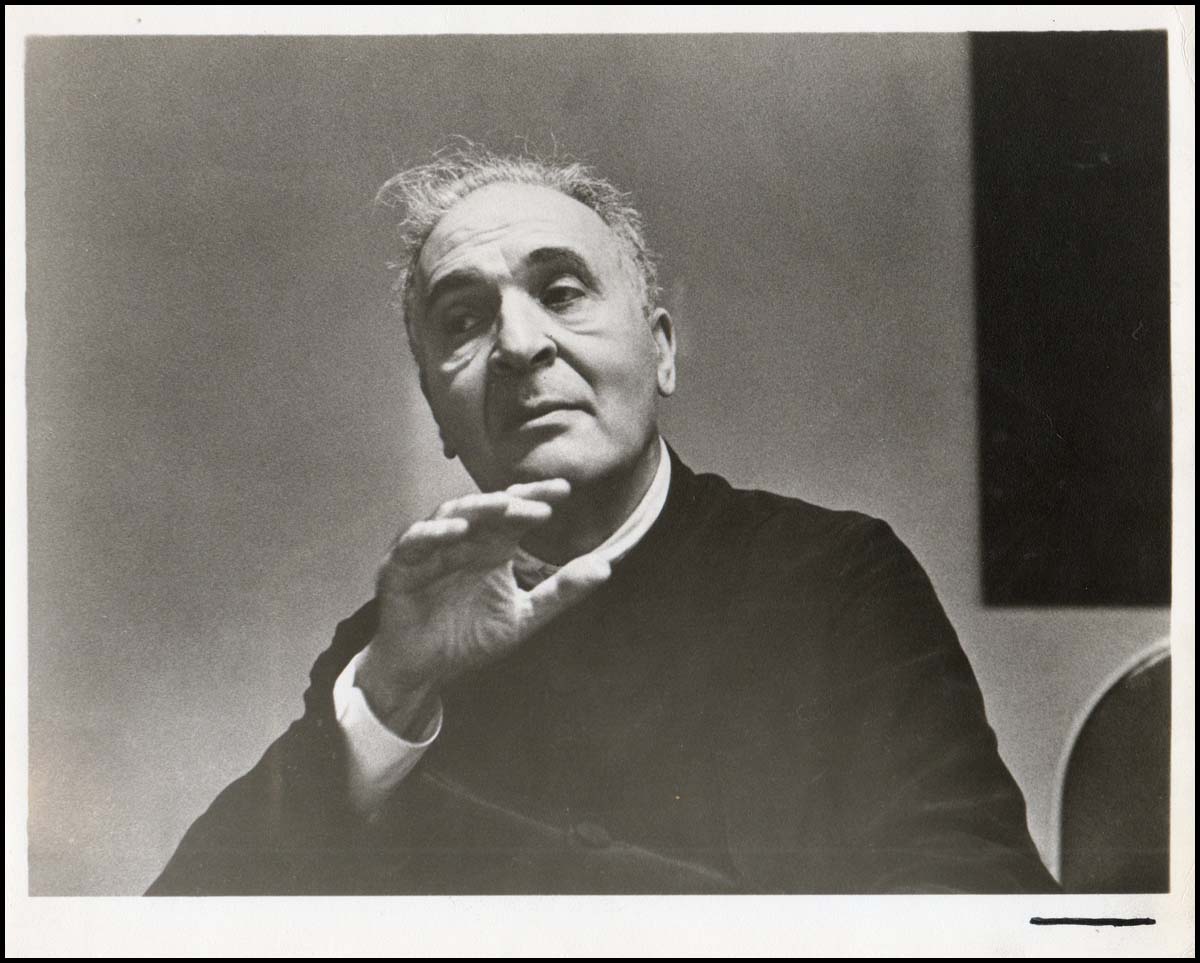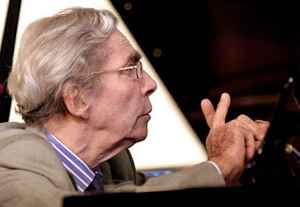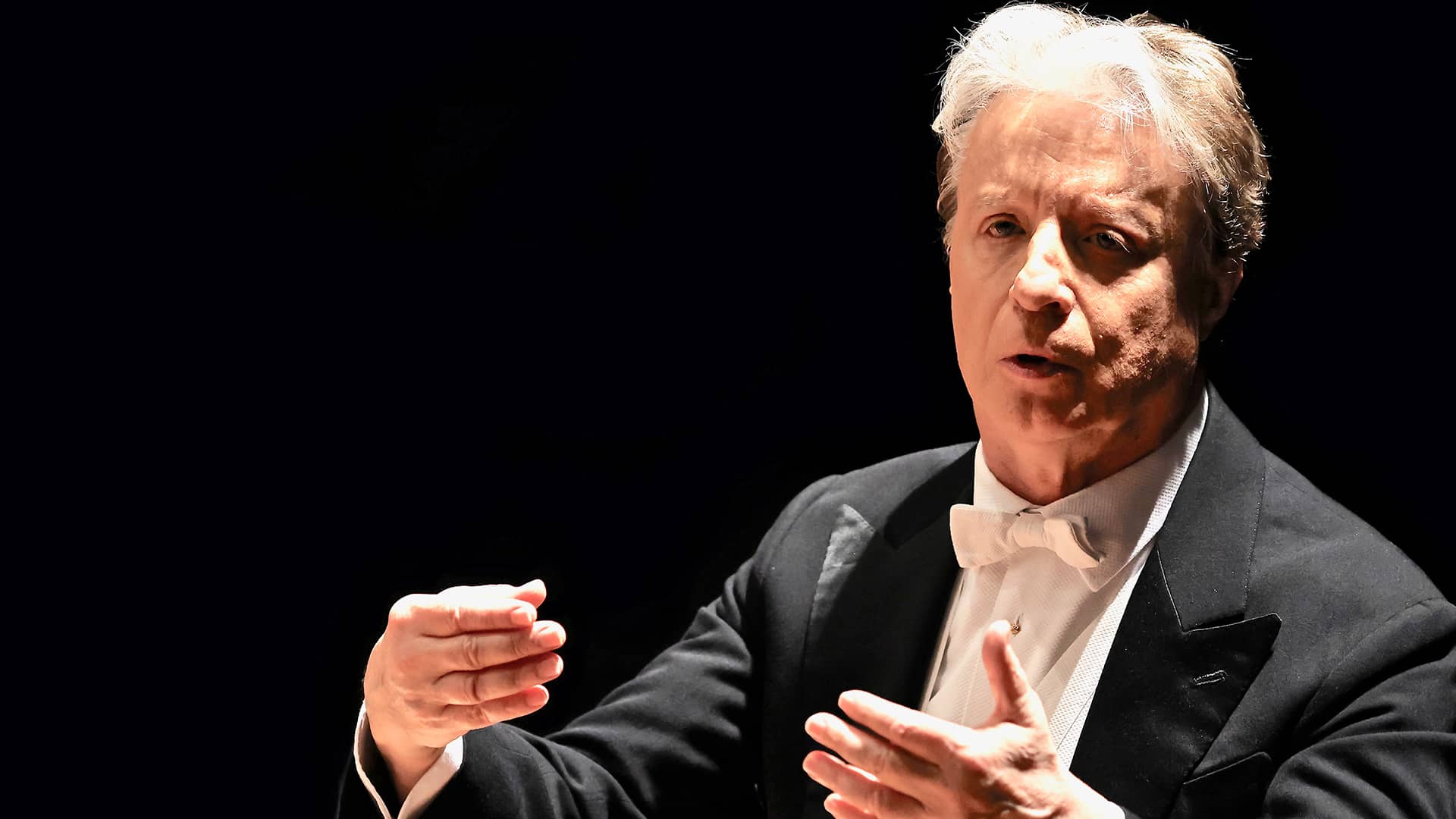The chamber music of a great conductor
mainFrom the Lebrecht Album of the Week:
The most successful and elusive of Gustav Mahler’s inner circle, Bruno Walter was ranked among the best conductors of his time, respected by the jealous and mutually hostile Toscanini and Furtwängler and showered with offers when he arrived in the US as a Hitler refugee in 1939….
Like many others in the podium, he tried his hand at composing.
Was he any good? Read the full review here.






Comments